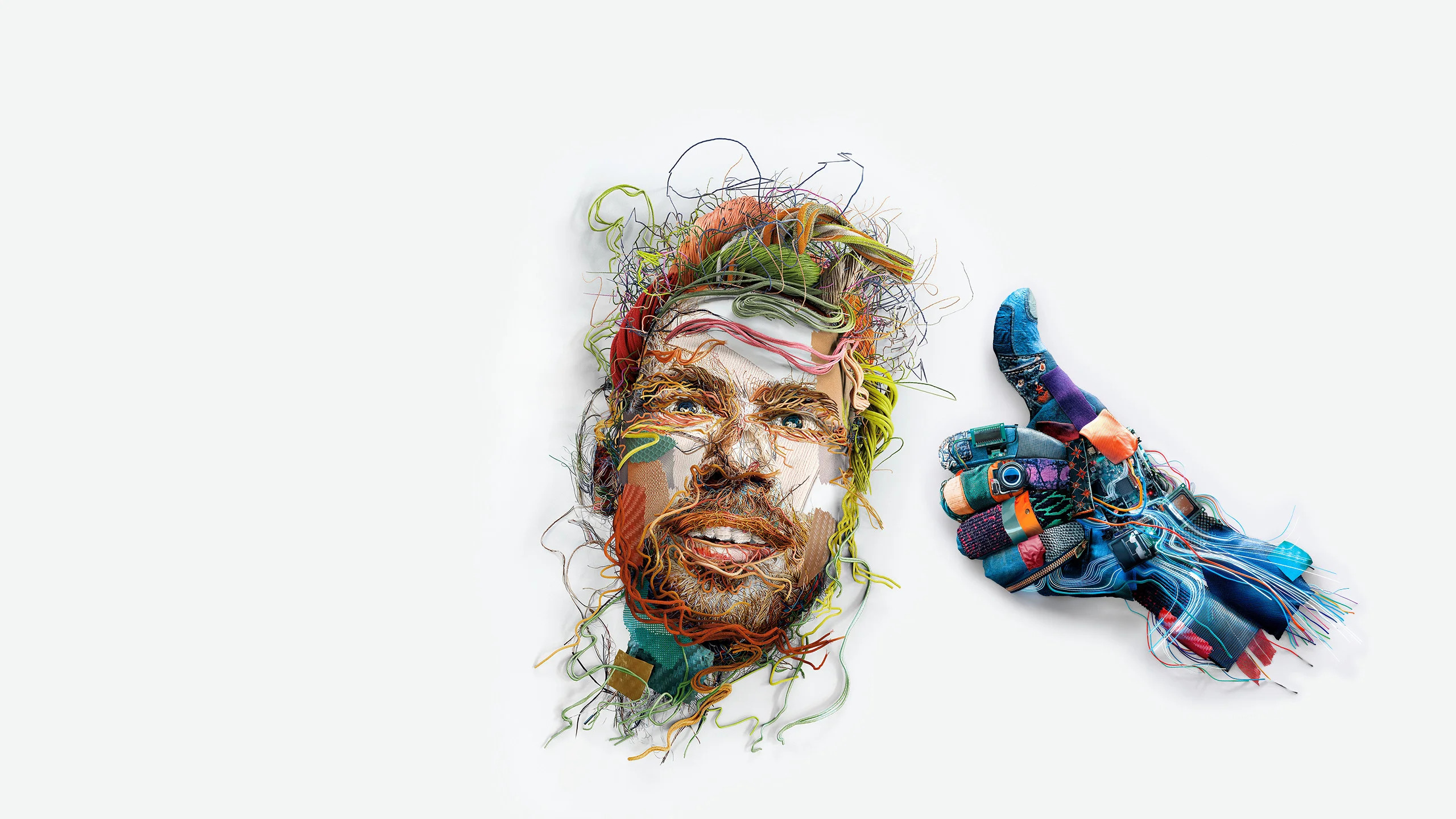Levi Strauss & Co. (LS&Co.), the nearly 175-year-old denim pioneer, is forging its next chapter by strategically embedding Artificial Intelligence into its operations. Following robust Q3 2025 results; net revenues up 7% to $1.5 billion and a record gross margin of 61.7%, the company is accelerating its shift to a Direct-to-Consumer (DTC)-first model, targeting a $10 billion retailer goal. The most recent and central initiative is the partnership with Microsoft to develop an integrated agentic AI platform centered on a "super-agent."
Rewiring the apparel workflow
This next-gen super-agent, powered by Microsoft Azure and embedded in Teams, is designed to unify and automate complex corporate workflows across IT, HR, and operations, with an internal rollout planned for early 2026. This move is part of a broader strategy where AI is also directly enhancing the customer-facing retail experience. The company has already launched 'Outfitting,' an AI-driven styling feature on its app that provides personalized recommendations, and is expanding STITCH, an AI assistant for store employees, to 60 US locations. As Chief Digital and Technology Officer Jason Gowans states, "AI sits at the center of that pivot... elevating employee creativity, unlocking productivity and helping us deliver connected, memorable experiences."
The DTC-First growth challenge
The new agentic AI platform acts as a critical operational backbone to support the aggressive DTC growth plan, which saw e-commerce revenues jump 18% in Q3 2025. By streamlining internal processes, the super-agent tackles the challenge of managing the massive influx of data from a growing DTC channel (46% of total net revenues). Microsoft’s Nick Parker notes, "Their commitment to purposeful innovation is redefining retail excellence." The combined internal efficiency and personalized consumer experiences are the key to Levi’s ambition, moving beyond its iconic 501 Jeans to become a head-to-toe lifestyle apparel brand known for agility and operational excellence.












